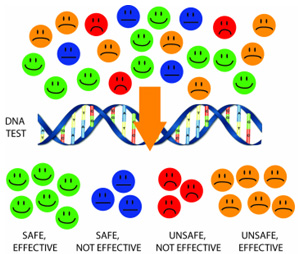The Dark Web, an enigmatic part of the internet cloaked in anonymity and secrecy, has long been a hotbed for illicit activities. From contraband goods to cybercriminal operations, this hidden realm operates beyond the reach of traditional law enforcement and regulatory bodies. One of the most nefarious activities thriving in this shadowy domain is the trade of stolen credit card information, often referred to as bclub. In a recent groundbreaking exposé, Examination BClub shines a spotlight on this murky underworld, offering a rare glimpse into the mechanics of CC dump container commerce.
Understanding the Dark Web
To appreciate the gravity of Examination BClub’s findings, it’s crucial to understand what the Dark Web is and how it functions. Unlike the surface web, which is indexed by search engines like Google and accessible to anyone, the Dark Web requires special software such as Tor (The Onion Router) to access. This network is designed to provide anonymity, both for users and site operators, making it a haven for activities that require discretion away from prying eyes.
What Are CC Dumps?
CC dumps refer to batches of stolen credit card information. This data, often obtained through various means such as phishing scams, malware, or breaches of retail and financial databases, includes details like credit card numbers, expiration dates, and CVV codes. Cybercriminals purchase these dumps on the Dark Web to create counterfeit cards or engage in fraudulent transactions.
Examination BClub’s Revelations
Examination BClub’s exposé delves into the intricate operations behind the sale of CC dumps on the Dark Web. Here are some of the key insights from their investigation:
1. Structure of CC Dump Markets
These markets are highly organized, resembling legitimate e-commerce sites in many ways. They feature user-friendly interfaces, customer reviews, and even customer support. Vendors on these platforms are rated based on the quality of their data and reliability, fostering a competitive environment where reputation is crucial.
2. Payment Mechanisms
Transactions in these markets are predominantly conducted using cryptocurrencies like Bitcoin. The use of cryptocurrency ensures anonymity for both buyers and sellers, complicating efforts by authorities to trace these illicit dealings.
3. Security Measures
To evade detection and shutdown, these platforms employ robust security measures. This includes frequent changes in URLs, use of encrypted communication channels, and requiring multi-factor authentication for access. These measures make it difficult for law enforcement agencies to infiltrate or dismantle these networks.
4. Global Reach and Impact
The trade of CC dumps is a global issue, with data being sourced and sold across international borders. The victims of these activities are spread worldwide, underlining the extensive reach and impact of this illegal trade.
The Human Cost
Beyond the technical details, Examination bclub.cm exposé also highlights the human cost of CC dump container commerce. Victims of credit card fraud face significant financial losses, emotional distress, and the arduous process of restoring their financial security and creditworthiness. Businesses, too, bear the brunt of these activities through chargebacks and increased security costs.
The Fight Against CC Dump Commerce
Combating the trade of CC dumps on the Dark Web is a complex and ongoing battle. Efforts involve a combination of enhanced cybersecurity measures, international cooperation among law enforcement agencies, and public awareness campaigns to educate individuals and businesses about safeguarding their information.
Conclusion
Examination BClub’s exposé on CC dump container commerce offers an eye-opening look into a hidden but pervasive aspect of the Dark Web. By shedding light on these activities, the report underscores the need for continued vigilance and innovation in the fight against cybercrime. As the digital landscape evolves, so too must our strategies to protect against the insidious threats lurking in the shadows of the internet.



